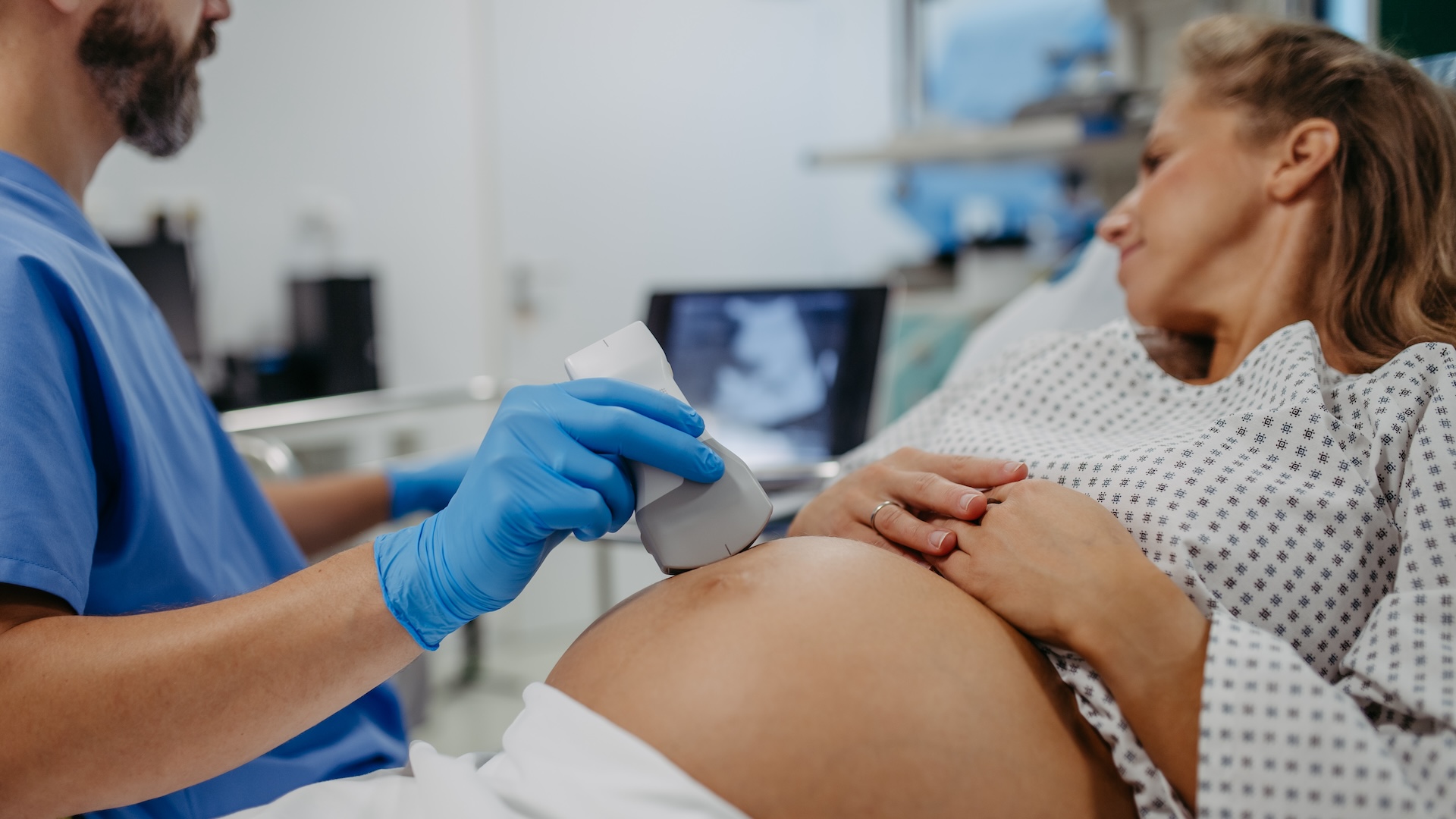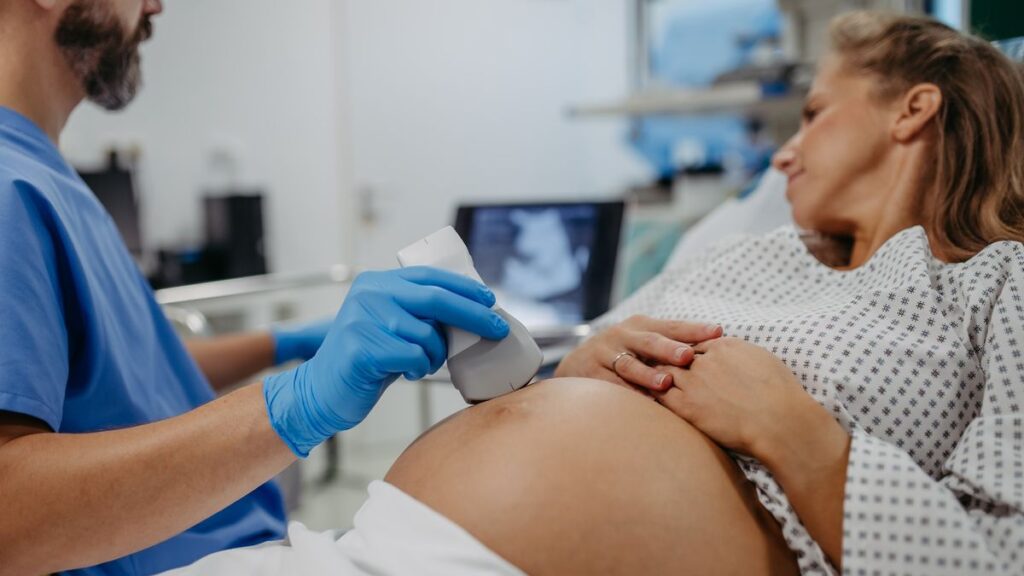
Assisted reproductive technologies (ART), such as in vitro fertilization (IVF), may affect the epigenetics of the placenta, slightly raising the risk of certain health impacts for babies.
To date, ART has helped usher in more than 10 million successful births worldwide. These technologies are safe, but compared with unassisted births, they come with some increased risk of reduced birth weight and certain cardiovascular and metabolic disorders.
Studies also suggest that kids conceived with ART may show disturbances in their epigenetics — the chemical tags that sit on top of their DNA and regulate genes. Now, a first-of-its-kind study is taking a closer look at how this might affect child development.
In the study, published Dec. 19, 2024, in the journal Communications Medicine, researchers analyzed the DNA and epigenetic markers in placental tissues from multiple types of ART conceptions. They found that some ART procedures alter gene activity more than others, and they identified specific genes that could help explain the effects of ART on babies.
Related: 1st ‘atlas’ of human ovaries could lead to fertility breakthrough, scientists say
“As use of ART is increasing worldwide, more knowledge is needed on the potential influences of the different ART procedures,” Siri Haberg, a public health researcher at the Norwegian Institute of Public Health, told Live Science in an email. “Identifying the safest procedures for the placenta, pregnancy and fetus is crucial for improving care for couples undergoing fertility treatment,” said Haberg, who was not involved in the study.
The epigenetics of IVF
To probe the genetics of ART-conceived babies, recent studies have mainly used umbilical cord blood, which is easy to sample at birth. However, senior study author Nina Kaminen-Ahola, a genetics and epigenetics researcher at the University of Helsinki, wanted to use samples that provide a window into earlier development.
“I think that placenta is a really good tissue if we want to understand what is going on in early pregnancy, really at the beginning of development,” Kaminen-Ahola told Live Science. But getting these samples proved challenging.
“We were on call all the time,” Kaminen-Ahola said. “They would call us from the hospital, and then we [would] go right away.” It took the team 10 years to gather all of the samples donated for the study and to perform the experiments.
Overall, they collected 80 placentas from ART-conceived pregnancies and 77 from unassisted pregnancies. The study considered two ART techniques: IVF, in which sperm are placed in a lab dish with the egg, and intracytoplasmic sperm injection (ICSI), where one sperm cell is injected into the egg. (ICSI is generally considered to be a type of IVF.)
These two techniques can be performed either with embryos that have been frozen or with “fresh” embryos.
The analysis also included placentas from couples who were about to start ART but then got pregnant spontaneously. This ensured that the epigenetic changes they saw were actually related to ART and not to fertility issues.
What they found
Fresh embryos were more likely to have bigger changes in gene expression than frozen embryos, the team found. This is likely because fresh embryos are exposed to hormones at a key point in development when epigenetic markers form. Fresh embryos are also more strongly associated with smaller placentas and changes in newborns’ growth, and the gene expression differences may help explain why, the researchers say.
The team also found that placentas conceived with ICSI had many gene alterations associated with male fertility problems. This finding makes sense because ICSI is typically used when the male partner has known fertility issues.
Finally, the study identified three genes — TRIM28, NOTCH3 and DLK1 — that were expressed differently in fresh-embryo placentas compared with both frozen-embryo and unassisted pregnancies. These genes’ activity correlated with differences in birth weight and length when compared to controls.
TRIM28 is key for embryo implantation and also regulates epigenetic markers. DLK1 has been associated with infertility, low birth weight and placental growth, and could be regulated by TRIM28. TRIM28 and NOTCH3 may also work together to form blood vessels — an important step in placental formation and embryonic development. Changes in these genes may explain some of the epigenetic changes and metabolic and growth differences seen in ART-conceived newborns, the study authors said.
However, Kaminen-Aloha emphasized that the differences in gene activity they found are very subtle and don’t appear to have large effects on maternal or fetal health.
“I think the most important thing is that these children are generally very healthy,” Kaminen-Ahola said. They do experience increased risks of heart defects, preterm birth and low birthweight, and so-called imprinting disorders, which are present at birth and can have wide-ranging effects.
“But they are really small risks,” Kaminen-Ahola said. “These treatments are really safe.” Nevertheless, Kaminen-Aloha and her team’s findings have given the field new insight into ART.
“This study contributes to the understanding of how ART procedures and subfertility may impact the placental function,” Haberg said. “This is especially interesting, as this study gives clues for further research on pregnancy conditions related to [the] placenta, such as preeclampsia, hypertension and fetal growth.”
In the future, Kaminen-Ahora and her team hope to gather even more placenta samples and clarify how the pinpointed genes might affect fertility and fetal growth.
This article is for informational purposes only and is not meant to offer medical advice.
